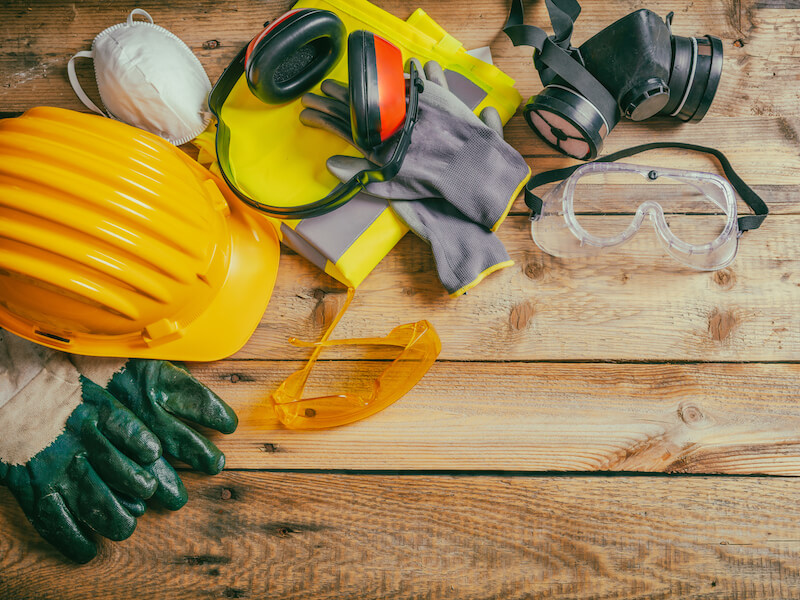
Every year, roughly 2 million workplace injuries are documented. When you think of on-the-job injuries, you might think of flying objects or a hand pulled into a piece of machinery at a factory.
But there is a much more insidious on-the-job injury that is even more prevalent and frequently undetected. It sneaks up on people very slowly over the course of several years. Most people don’t even notice it’s happening until it becomes severe. People typically make excuses. “It’s only temporary” or “I’m just getting older. This isn’t unusual.
And it’s unusual for people to even realize that their workplace is the cause of this injury.
Damaged hearing is this insidious injury. There are some important steps you should take if you detect any of the numerous warning signs.
How Loud is Too Loud?
Your hearing can be permanently damaged with prolonged exposure to as little as 85 decibels (dB) over a long period. For reference, a vacuum cleaner runs at about 75 decibels dB. A lawnmower produces 85 dB. If you’re exposed to a leaf blower or a chainsaw you’re experiencing 100 dB. And the volume of a gunshot logs in at 140 dB.
Are you at risk when you’re at work? Are you being exposed to the most common workplace injury? If you’re regularly exposed to something as loud as a lawnmower, even if it’s not continuous, your hearing is likely to become damaged over time.
Symptoms of Hearing Injury
If you work in a noisy environment, there’s no question you’re harming your hearing.
Your experiencing hearing loss if you notice any of the following signs:
- You tend to disengage when others are talking.
- You confuse consonants – “Todd” sounds like “Dodd,” for instance.
- Loud sounds cause pain in your ears.
- You hear ringing, hissing, or whistling even when it’s quiet.
- When you speak with people you always believe they are mumbling
- Conversations sound muffled.
- You regularly ask people to repeat themselves when they speak.
- You can’t understand the person speaking if there’s background noise.
- People are always complaining about the loud volume of your media devices.
What Are Employers Doing to Reduce Hearing Damage?
Businesses and organizations are using the latest technology to reduce workplace noise in overly loud settings. Government agencies are endeavoring to update guidelines that will decrease workplace noise and protect employees.
As more employees become aware of the recurring damage they have suffered as a result of workplace noise, they are coming forward. Further change will come as their voices are heard.
Preventing Additional Damage
Safeguarding your ears before they become damaged is the smartest plan if you work in a loud environment. Using protective earmuffs or earplugs while at work will help decrease potential damage.
Schedule an appointment for a hearing examination as soon as possible if you suspect a noisy workplace has caused damage to your hearing. When you determine the degree of your hearing loss, you will learn how to prevent further damage going forward. We address any hearing damage you’re already experiencing and formulate strategies to help you prevent any additional damage.